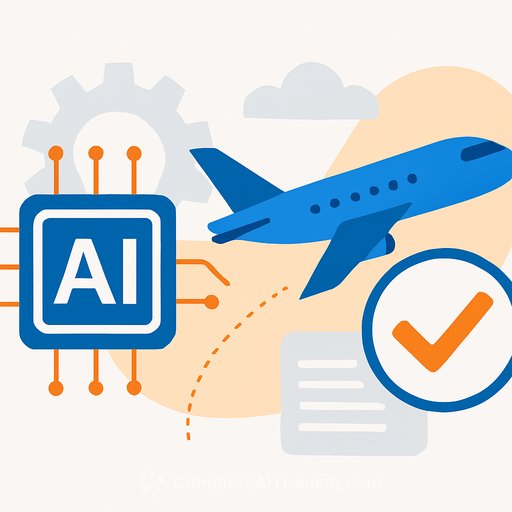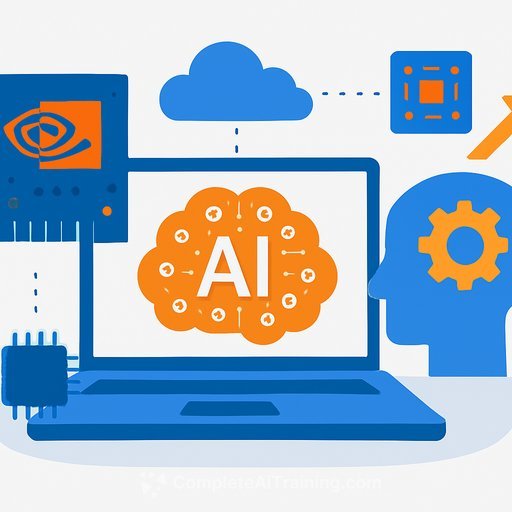McDonald’s AI Hiring Bot Exposed Millions of Applicants’ Data Due to Basic Security Flaws
If you’ve applied for a job at McDonald’s recently, you might have interacted with Olivia, the AI chatbot responsible for screening applicants. Olivia collects contact details, résumés, and directs candidates to personality tests. While the AI's performance sometimes frustrates users, a far bigger issue recently emerged: a glaring security vulnerability in the system behind Olivia.
The AI chatbot platform, developed by Paradox.ai and used on McDonald’s McHire.com site, left the personal data of tens of millions of applicants exposed. Security researchers discovered that the backend could be accessed by guessing simple login credentials—such as the password “123456.” This gave hackers potential access to millions of records containing names, emails, phone numbers, and chat logs from job applicants.
How the Security Flaw Was Discovered
Security experts Ian Carroll and Sam Curry started investigating after noticing complaints about the chatbot’s confusing responses. Testing for vulnerabilities, they eventually found a login page intended for Paradox.ai staff. On a whim, they tried common credentials like “admin” and “123456.” The latter granted access without any multifactor authentication.
From there, they accessed a test McDonald’s franchise account and discovered that they could view not only test job postings but also real applicant data. By changing applicant ID numbers, they were able to browse millions of chat records and personal details of job seekers.
Extent of the Exposure
- More than 64 million applicant records were potentially accessible.
- Data included names, email addresses, phone numbers, and chat logs with Olivia.
- Researchers accessed seven records in total, five of which contained personal information.
Though the exposed data was not the most sensitive—such as social security numbers or financial details—the risk remained significant. The information revealed not only personal contacts but also the applicants’ intention to work at McDonald’s, which could have been exploited for phishing or payroll scams.
Responses from Paradox.ai and McDonald’s
Paradox.ai confirmed the security flaws and stated that the weakly protected account had not been accessed by any unauthorized third parties beyond the researchers. The company plans to implement a bug bounty program to detect future vulnerabilities. Stephanie King, Paradox.ai’s chief legal officer, emphasized their commitment to resolving the issue swiftly and responsibly.
McDonald’s placed responsibility on Paradox.ai, calling the vulnerability “unacceptable.” The company mandated immediate remediation upon learning about the issue, which was resolved the same day. McDonald’s also reaffirmed its commitment to cybersecurity and holding third-party providers accountable for data protection standards.
Why This Matters for HR and IT Professionals
This incident highlights the risks involved when integrating AI tools into hiring processes without thorough security checks. Basic password hygiene and proper access controls are fundamental, yet they were overlooked here, potentially exposing millions of job applicants.
For HR teams using AI-driven platforms, this is a reminder to evaluate vendor security practices critically and demand transparency about data protection measures. IT professionals should ensure that AI systems—especially those handling sensitive personal data—adhere to strict authentication protocols and regular security audits.
Potential Consequences of Data Exposure
- Phishing scams targeting job seekers, impersonating recruiters.
- Fraud attempts related to payroll or direct deposit setups.
- Privacy concerns and embarrassment for applicants whose job search status was exposed.
While the personal information exposed was limited, the association with job applications could increase the risk of targeted social engineering attacks. Protecting applicant data is critical to maintaining trust and safeguarding individuals from potential scams.
Final Thoughts
This case serves as a cautionary tale for organizations adopting AI in recruitment. Security can’t be an afterthought. Strong passwords, multifactor authentication, and decommissioning unused accounts are basic steps that must be enforced.
For those interested in expanding their knowledge about AI applications and security in hiring, exploring specialized AI training courses can be valuable. Resources like Complete AI Training’s HR and IT courses offer practical insights on managing AI tools safely and effectively.
Ensuring secure AI deployment protects not only company data but also the privacy and dignity of millions of job seekers.
Your membership also unlocks:









